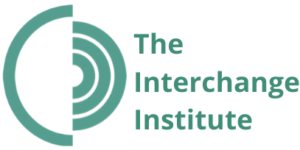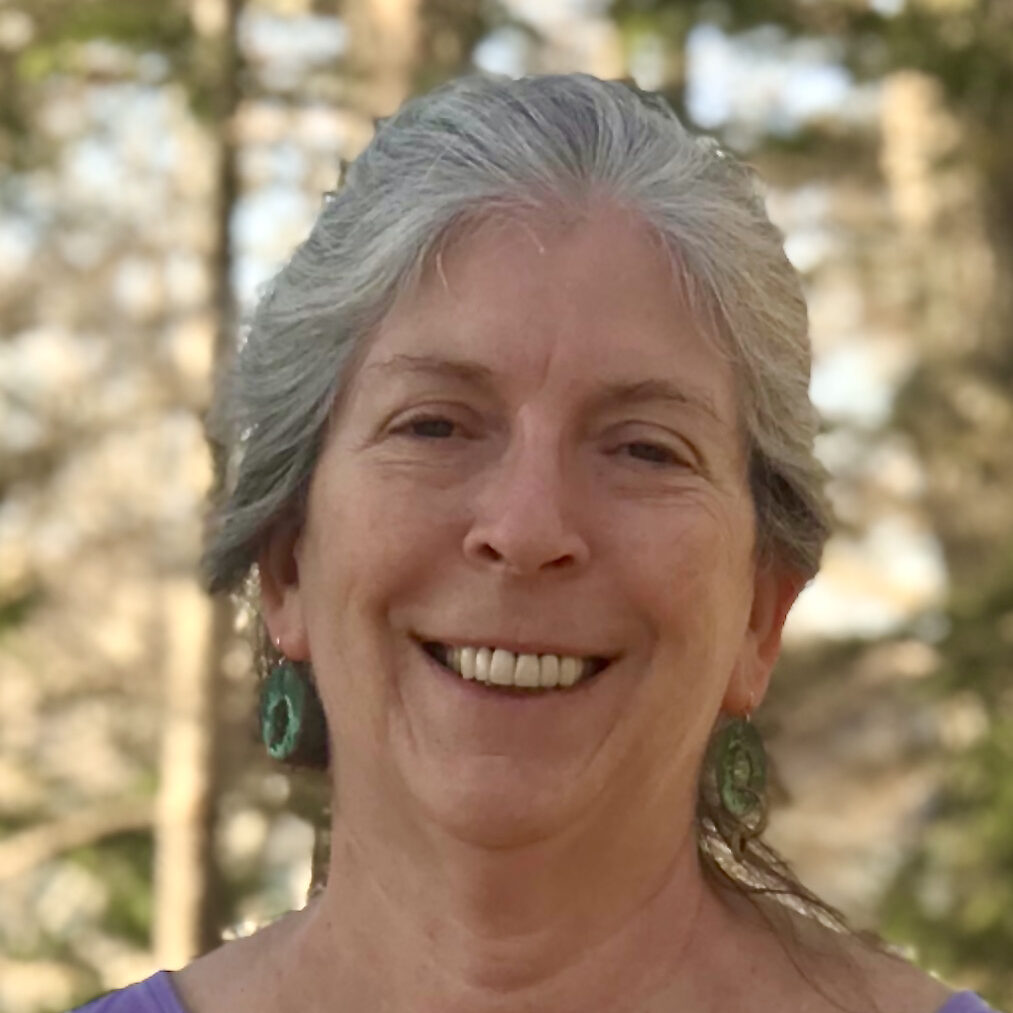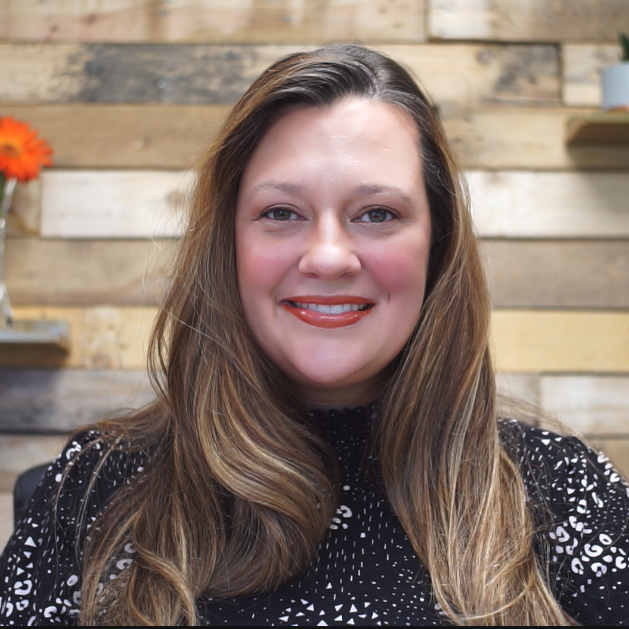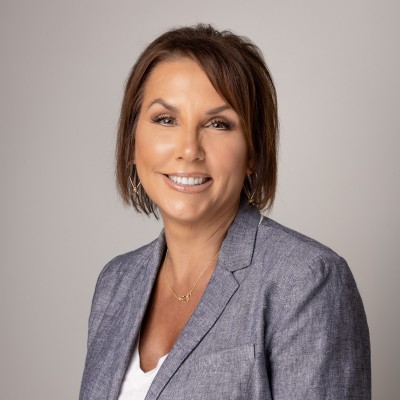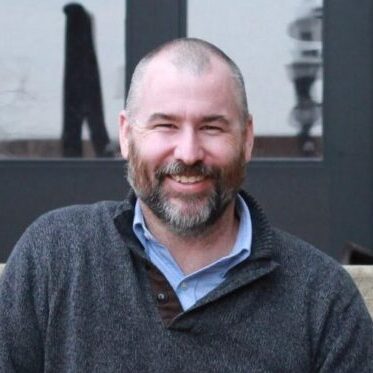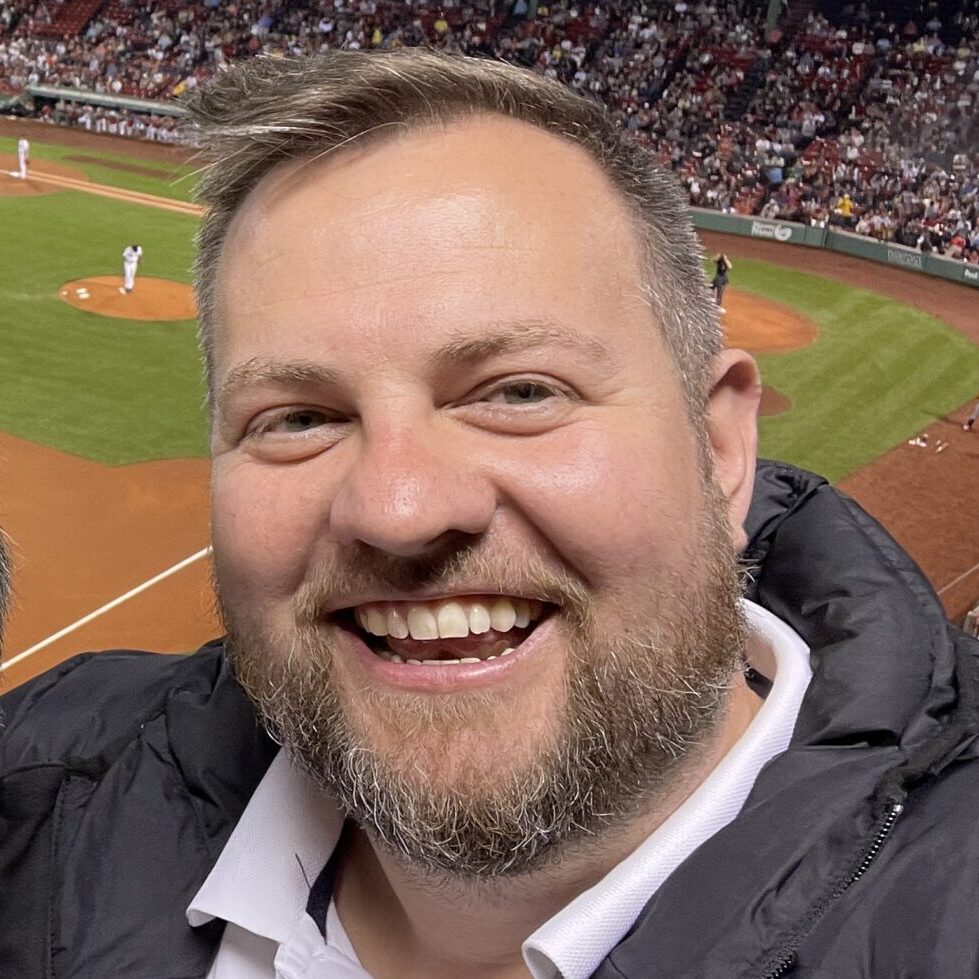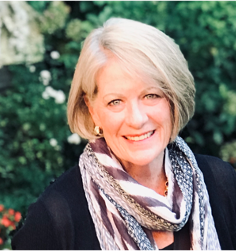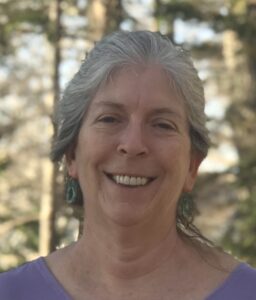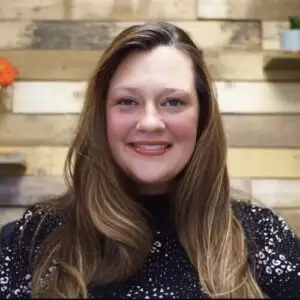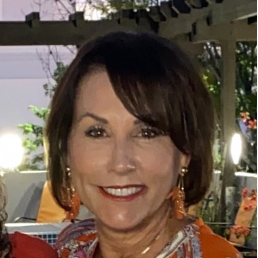Dr. Tasha Arnold is an experienced leader and researcher in the field of education specializing in cross-cultural training, transition support, and program development for schools, universities, and global teams. She co-founded The Academic Achievement Bureau where she worked with international schools and universities conducting research on their organization and providing services to aid intercultural understanding, transition adjustment, and student achievement. She is currently the Executive Director of The Interchange Institute, a NEASC and CIS school accreditor, and serves on the board of The Namibia Project.
Sample Questions:
- I’m interested in working with international schools, universities, NGO’s, and not-for-profit organizations – How should I get started and who do I contact?
- How do I promote and market my services as an intercultural trainer?
- What are some tips and tricks for working with multicultural and global teams?
- How do I write a proposal that stands out from the competition?
